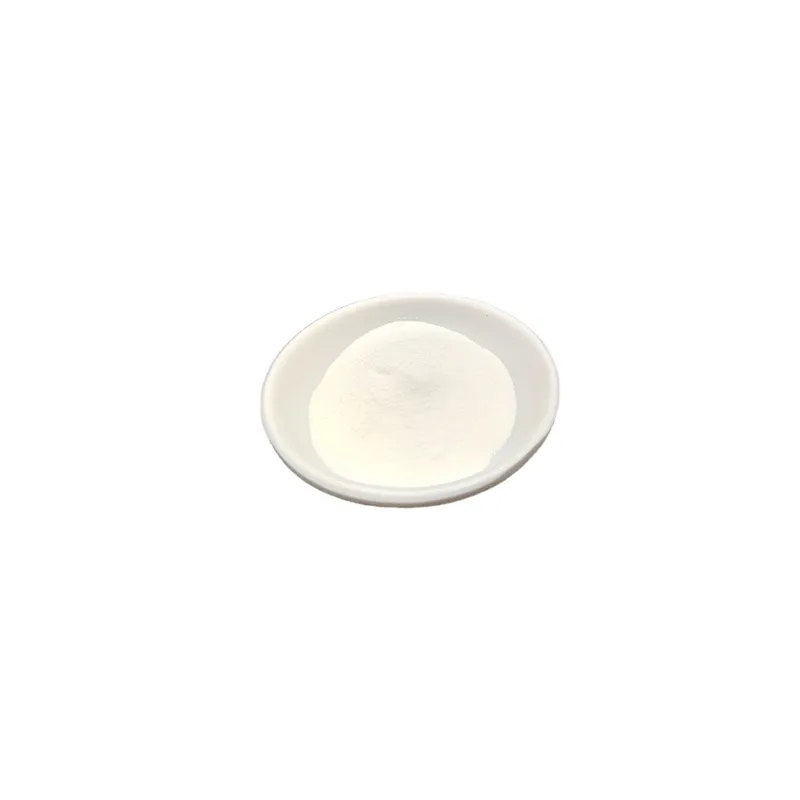Warning: Undefined array key "title" in /home/www/wwwroot/HTML/www.exportstart.com/wp-content/themes/1198/header.php on line 6
Warning: Undefined array key "file" in /home/www/wwwroot/HTML/www.exportstart.com/wp-content/themes/1198/header.php on line 7
Warning: Undefined array key "title" in /home/www/wwwroot/HTML/www.exportstart.com/wp-content/themes/1198/header.php on line 7
Warning: Undefined array key "title" in /home/www/wwwroot/HTML/www.exportstart.com/wp-content/themes/1198/header.php on line 7
- Afrikaans
- Albanian
- Amharic
- Arabic
- Armenian
- Azerbaijani
- Basque
- Belarusian
- Bengali
- Bosnian
- Bulgarian
- Catalan
- Cebuano
- China
- China (Taiwan)
- Corsican
- Croatian
- Czech
- Danish
- Dutch
- English
- Esperanto
- Estonian
- Finnish
- French
- Frisian
- Galician
- Georgian
- German
- Greek
- Gujarati
- Haitian Creole
- hausa
- hawaiian
- Hebrew
- Hindi
- Miao
- Hungarian
- Icelandic
- igbo
- Indonesian
- irish
- Italian
- Japanese
- Javanese
- Kannada
- kazakh
- Khmer
- Rwandese
- Korean
- Kurdish
- Kyrgyz
- Lao
- Latin
- Latvian
- Lithuanian
- Luxembourgish
- Macedonian
- Malgashi
- Malay
- Malayalam
- Maltese
- Maori
- Marathi
- Mongolian
- Myanmar
- Nepali
- Norwegian
- Norwegian
- Occitan
- Pashto
- Persian
- Polish
- Portuguese
- Punjabi
- Romanian
- Russian
- Samoan
- Scottish Gaelic
- Serbian
- Sesotho
- Shona
- Sindhi
- Sinhala
- Slovak
- Slovenian
- Somali
- Spanish
- Sundanese
- Swahili
- Swedish
- Tagalog
- Tajik
- Tamil
- Tatar
- Telugu
- Thai
- Turkish
- Turkmen
- Ukrainian
- Urdu
- Uighur
- Uzbek
- Vietnamese
- Welsh
- Bantu
- Yiddish
- Yoruba
- Zulu
Dec . 12, 2024 07:41 Back to list
Exploring the Benefits and Applications of Propylene Glycol as an Additive
The Role of Propylene Glycol as an Additive An Overview
Propylene glycol, a synthetic organic compound derived from petroleum, has made a significant impact across various industries due to its versatile properties and applications. With the chemical formula C3H8O2, it is a colorless, odorless, and hygroscopic liquid that exhibits low toxicity, making it a widely used additive in food, pharmaceuticals, cosmetics, and industrial applications.
Food Industry Applications
In the food industry, propylene glycol serves several critical functions. It is commonly used as a food additive, designated by the E number E1520, where it acts primarily as a humectant, emulsifier, and solvent. As a humectant, it helps retain moisture in food products, thereby enhancing their shelf life and overall quality. This property is particularly beneficial for baked goods, where it prevents drying out and maintains freshness.
Additionally, propylene glycol is utilized in flavored beverages and food items to dissolve flavors and colors that might otherwise be insoluble in water. Its ability to blend with both oil and water easily allows food manufacturers to create stable emulsions, ensuring a uniform distribution of ingredients throughout the product.
Pharmaceuticals and Cosmetics
In the pharmaceutical industry, propylene glycol serves as a vital ingredient in various formulations. Its capacity to dissolve a wide range of pharmaceutical compounds makes it an excellent solvent for active ingredients in medications. Moreover, it is often found in oral, topical, and injectable medications, where it acts as a carrier for drugs, enhancing their bioavailability and effectiveness.
propylene glycol additive

Cosmetics and personal care products also benefit from propylene glycol's properties. It is frequently included in skin care products, lotions, and shampoos due to its moisturizing qualities and ability to absorb moisture from the air. In addition, propylene glycol acts as a stabilizing agent, preserving the texture and integrity of these products over time.
Industrial Applications
Propylene glycol is not limited to food and personal care; its applications extend into various industrial sectors as well. In the manufacturing of antifreeze and de-icing solutions, propylene glycol’s low freezing point and high boiling point make it an ideal component. It is safer than ethylene glycol, the traditional antifreeze, and is often used in applications where human exposure is possible, such as in food processing equipment.
Moreover, propylene glycol is used in the production of plastics, resins, and other chemical compounds, contributing to the formulation of products ranging from paints to solvents. Its properties enable manufacturers to design materials with specific characteristics tailored to their operational needs.
Safety and Regulatory Aspects
One of the key advantages of propylene glycol is its safety profile. It is recognized as generally safe by regulatory agencies, including the U.S. Food and Drug Administration (FDA) and the European Food Safety Authority (EFSA), when used within established limits. The low toxicity of propylene glycol, even at higher levels of exposure, supports its widespread acceptance across various applications.
In conclusion, propylene glycol stands out as a remarkably versatile additive that has substantial significance in multiple sectors. Its ability to function as a humectant, solvent, and stabilizer, combined with its safety and low toxicity, makes it an essential ingredient in food, pharmaceuticals, cosmetics, and industrial applications. As industries continue to innovate and evolve, propylene glycol is likely to maintain its importance and adaptability in meeting the needs of consumers and manufacturers alike. Its continued use underscores the balance of safety, functionality, and efficiency, making it a cornerstone in formulation science across diverse fields.
Latest news
-
Certifications for Vegetarian and Xanthan Gum Vegetarian
NewsJun.17,2025
-
Sustainability Trends Reshaping the SLES N70 Market
NewsJun.17,2025
-
Propylene Glycol Use in Vaccines: Balancing Function and Perception
NewsJun.17,2025
-
Petroleum Jelly in Skincare: Balancing Benefits and Backlash
NewsJun.17,2025
-
Energy Price Volatility and Ripple Effect on Caprolactam Markets
NewsJun.17,2025
-
Spectroscopic Techniques for Adipic Acid Molecular Weight
NewsJun.17,2025

